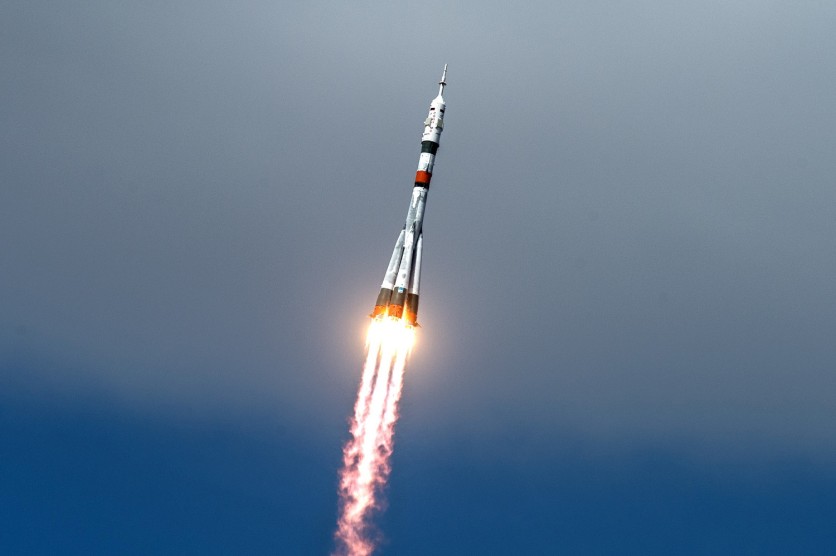Russia recently test-launched another anti-satellite missile from the Plesetsk Cosmodrome on April 15. And the United States is not happy about their actions, to say the least,

Russia launched its Nudol anti-satellite missile system on Wednesday, April 15. It had just completed a previous test on March 26. This missile is capable of wiping out essential US navigation, communications, and intelligence technology in orbit.
Russia launches anti-satellite missile
The US depends heavily on satellites to guide its ground movements. These include guiding munitions with space-based lasers and satellites, monitoring missile launches, and keeping an eye on its armed forces.
This has prompted General John Raymond, commander of US Space Command, to confirm that America is geared to deter aggression and defend the nation, its allies, and interests "from hostile acts in space."
In the past, the Russian government kept the Nudol project hidden and shrouded in secrecy. However, the state insisted it was for defense purposes only and that it does not have any particular target.
In contrast, the missile's main task is to accelerate out of the Earth's atmosphere and to use kinetic energy to strike large objects.
Like Russia, big players like the US and China have also been preparing to enhance their military strength in low-Earth orbit and near the moon, as both countries have carried out similar anti-satellite tests.
Anti-satellite weapons shatter their targets, creating a cloud of fragments that can create a collision hazard in space. These collisions could potentially set off a chain reaction of projectiles through the Earth's orbit.
Coronavirus in space?
Meanwhile, concerns have been raised on whether astronauts in the International Space Station have contracted the coronavirus after a senior Russian official present tested positive.
Evgeniy Mikrin, deputy head of Energia Rocket and Space Corporation, has tested positive for COVID-19 after he attended the launch of the Soyuz MS-16 at Baikonur Cosmodrome in Southern Kazakhstan on April 9.
Mikrin shared a three-hour flight from Moscow to Kazakhstan with Dmitry Rogozin, head of Russia's State Corporation for Space Activities (Roscosmos). They also sat together in a meeting room separated by glass from the three astronauts shortly before blast off.
Rogozin, who supervised the April 9 launch, broke social distancing by standing too close to the crew aboard the missile. NASA astronaut Chris Cassidy, as well as Russian cosmonauts Anatoly Ivanishin and Ivan Vagner, also did not cover their faces at the ceremony.
Also, Rogozin was later pictured standing near to the Soyuz MS-16 crew during a farewell ceremony. In once instance, he wore a mask, but in another, he did not. And moments before the launch, he was seen not adhering to social distancing as pictured with the astronauts.
While Mikrin was not seen close to the Soyuz MS-16 crew, concerns have been raised as he was in close contact with Rogozin. He later took two tests for coronavirus which both came back positive.
Russian officials said they take strict measures to avoid contaminating the space station. However, Milkrin is among the 30 Russian space personnel who have tested positive for COVID-19.
Mikrin, who is asymptomatic, is currently in home quarantine. Meanwhile, it is still unclear whether Rogozin has tested positive for coronavirus. The ISS has been trying to keep the space COVID-free following quarantine protocols before the launch.
Read also: 'Dancing' Star Proves Einstein is Right: Star's Strange Movement Around Black Hole Discovered
ⓒ 2025 TECHTIMES.com All rights reserved. Do not reproduce without permission.




